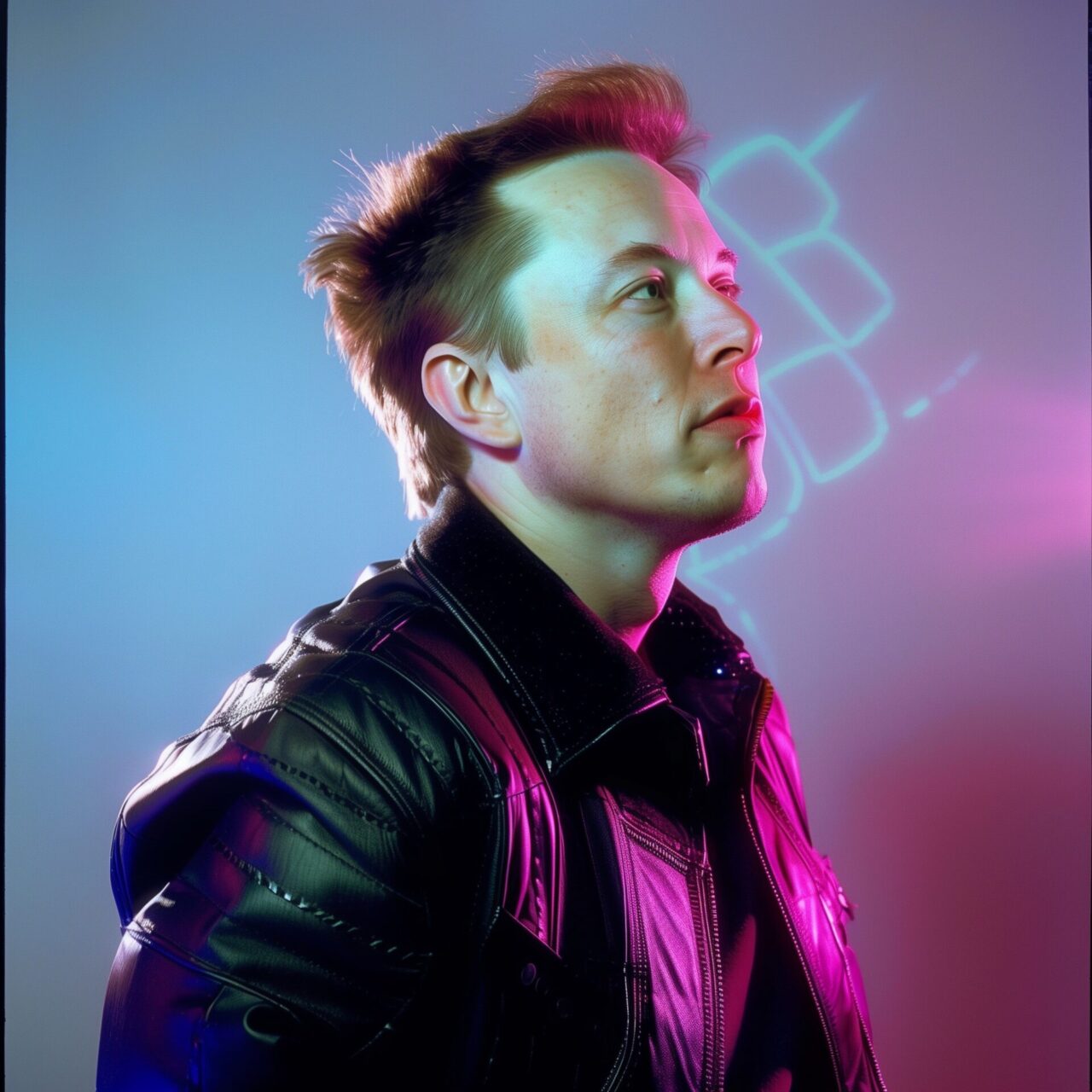
Tech heroes
The hero’s journey, a narrative concept often used in myths and literary works, can be fascinatingly applied to the biographies of major technology pioneers. These figures, from Isaac Newton to Elon Musk, went through phases of challenge, failure and ultimately triumphant success, transforming their stories into modern epics.
Isaac Newton – The alchemist who discovered gravity
Isaac Newton’s journey was characterised by academic isolation and an obsession with deciphering the laws of nature. His “apple moment”, which led to the formulation of the theory of gravity, is a classic “revelation” on his hero’s journey. Through his work, he laid the foundations of classical mechanics and had a lasting influence on the direction of scientific research.
Henry Ford – The democratiser of mobility
Ford transformed industrial manufacturing by introducing assembly line labour, which enabled the mass production of the automobile. His journey included numerous business failures before he successfully launched the Ford Model T, a move that revolutionised the automotive industry and promoted universal mobility.
Nikola Tesla – The visionary inventor
Tesla, often portrayed as the prototype of the “unrecognised genius”, made a significant contribution to the development of electricity. His rivalry with Edison, known as the “electricity war”, and his later financial and personal defeats reflect the typical low points of a hero’s journey. Nevertheless, his legacy remains undisputed through his contributions to alternating current technology and numerous inventions.
Konrad Zuse – The pioneer of the modern computer
Zuse, a lesser-known hero, built the first functional programmable computer. His work during the Second World War and the subsequent challenges of post-war Germany illustrate the typical trials of an innovator’s hero’s journey.
Gottlieb Daimler and Carl Benz – the pioneers of motorised transport
Daimler and Benz, who are often thought of together even though they worked independently of each other, decisively advanced automotive technology. Their developments of the internal combustion engine and the first practical automobile were critical breakthroughs that they achieved through personal and technical adversity.
Akio Morita – The inventor who made music mobile
Founder of Sony and instrumental in the invention of the Walkman, Akio Morita transformed the way people experience music. His journey from repairing radios in war-torn Japan to leading a global corporation that created the first portable music player symbolises a journey of innovation and overcoming.
Elon Musk – The visionary of the new millennium
Musk, often referred to as the real-life ‘Iron Man’, is known for his work in areas such as renewable energy, space travel and artificial intelligence. His projects, from SpaceX to Tesla, reflect his relentless drive to push the boundaries of what is possible. His journey includes public and personal defeats, but he has always triumphed over them.
Conclusion
The hero’s journey of these technological pioneers not only shows their individual struggles and successes, but also sheds light on profound sociological and philosophical questions: How is technology changing our society? What responsibility do the creators of disruptive technologies bear? Their stories encourage us to look beyond mere technological progress and reflect on its deeper significance for humanity. They teach us to question the possibilities and risks of these powerful inventions. By continuing to tell and reflect on these stories, we are helping to shape a future that preserves the human values at the heart of technological revolutions.


